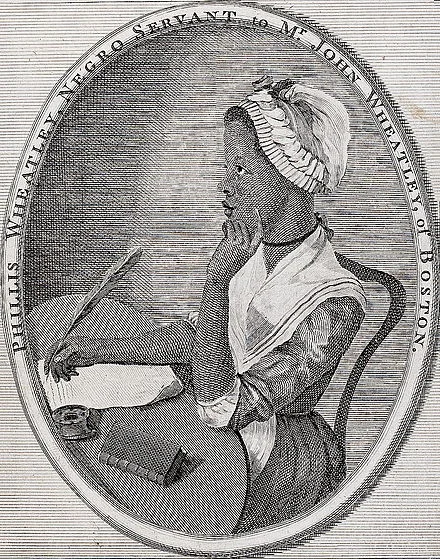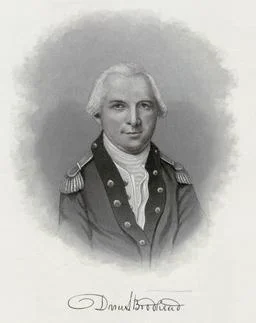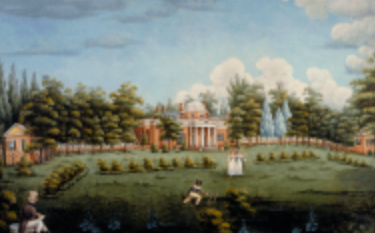Phillis Wheatley - From Slave Girl To Master Poet
Phillis Wheatley was a slave who became a noted poet during the Founding Period.
Despite her gender, age and legal situation, Wheatley became a popular writer throughout the British Empire.
Phillis Wheatley
Phillis Wheatley was sold into slavery and brought across the Atlantic before she even reached the age of 10.
Phillis found herself in Massachusetts owned by the Wheatley Family (from whom she gained her surname) and worked for Susanna, the mother of the house.
The young slave was educated by the family’s children and was able to read Latin and Greek at an extremely young age. By 14, Wheatley had already written her first poem.
Verification
Seeing her potential, the Wheatley Family dedicated Phillis’ time solely to education.
At just 15, Wheatley published a poem praising the King for retracting the Stamp Act. Her elegant words aroused suspicion in her Boston community. How could a slave write so well? Not to mention that she was a woman! And a child no less!
Phillis was brought to court in order to confirm that she was the one actually authoring these scribblings. A commission of five men (including John Hancock) spoke to her and, after deliberation, affirmed that Wheatley was indeed the person who was writing these beautiful poems.
Publication
The following year, Phillis traveled with ‘her’ family to London.
She was presented to many notable, even noble, people. This included Selina Hastings who would in turn publish Wheatley’s first book.
After returning to Massachusetts, Phillis was freed by her owners. Shortly thereafter, however, Susanna passed away. Undeterred, the 21-year-old Phillis continued writing.
In 1776, Wheatley wrote To His Excellency, George Washington. This poem celebrated the Continental General who invited Phillis to visit his headquarters on the eve of the Evacuation of Boston.
Turn of Fortune
Unfortunately, Phillis’ luck would soon take an extreme downturn.
When Mr. Wheatley passed away, Phillis struck out on her own. She married a man who went by John Peters.
Although the young family owned a grocery store, they had great difficulty making ends meet. They lost two children to sickness and John fell into debt. He was eventually put into a debtor’s prison and Phillis was left with one child to care for.
Wheatley became a kitchen maid, a difficult dirty job. She was unable to publish any more poetry as she did not have the finances or connections to do so.
Phillis Wheatley passed away the following year at just 31 years of age.
Legacy
Perhaps the most interesting thing about Phillis Wheatley’s writings are how divided her contemporaries’ criticisms are.
While there were white men (and women) who could not see through their racism to acknowledge her talent, others (like Washington and Hancock) certainly could.
Curiously, several of the (very few) black poets in America did not like her work. Notably, she was accused of being too pagan, do to many references to the ‘Sun Gods.’ In truth, Wheatley often combined her Christian beliefs with traditions she remembered from her childhood in Africa into the poems she wrote.
In essence, this child slave wrote beautiful poems which were accused of simultaneously being too Christian and not Christian enough.
Either way, Phillis Wheatley broke many of the stereotypes of her day and helped inch Massachusetts toward abolition.
To learn about other slaves who found their freedom during the American Revolution, try my articles on James Armistead Lafayette and Prince Whipple.
For more about Phillis Wheatley, pick up ‘A Genius in Bondage’ through the affiliate link below to support this site at no additional cost to you.
If you are new to Founder of the Day, make sure you subscribe to the email list to receive a new article every morning.






